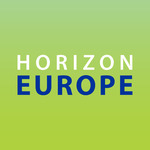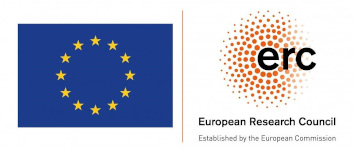Responsable
Más información
Fecha inicio
Fecha fin
Grupo
División
VASTO Proof of Concept aims to develop and test an innovative microfluidic-based platform, which allows to evaluate the efficacy of different cell immunotherapy strategies against solid tumours. For this aim, we propose to microfabricate 3D solid tumour organoids with an aberrant microvascular network provided from the explant of human vessels. Although there are other different vessel-on-a-chip and/or microvascular network formation approaches that use in vitro cell monolayers, we are not aware of any solution covering human ex vivo blood vessel platform as it is proposed here. Therefore, we aim to recreate the existent mechano-chemical barriers characteristics of the tumour microenvironment in solid tumours with this novel ex vivo platform.
With this technology, we can define a method to evaluate the efficacy of different immunotherapy-based strategies. Specifically, we focus on studying the effectivity of different Chimeric Antigen Receptor (CAR)-T cell therapies in solid tumours. Hence, the development of VASTO harbours the interest of CAR-T manufacturers to test these cell therapies against solid tumours. We will be able to asses CAR-T cell vascular extravasation, penetration into solid tumours and the CAR-T efficiency for tumour elimination.
In addition to its applicability to liver cancer, the acquired knowledge in VASTO also could be extrapolated to any other kind tumours, but also in the development of an ex vivo platform for research in regenerative processes, by incorporating organoids from healthy donors, instead of malignant cells, and promoting functional vasculature, instead of aberrant one.
Therefore, this human ex vivo platform will launch a new product to the market very attractive for clinical labs and companies, reducing animal experiments and providing a more reliable alternative for testing different therapies against tumours and approaching a more personalized patient-like model.

